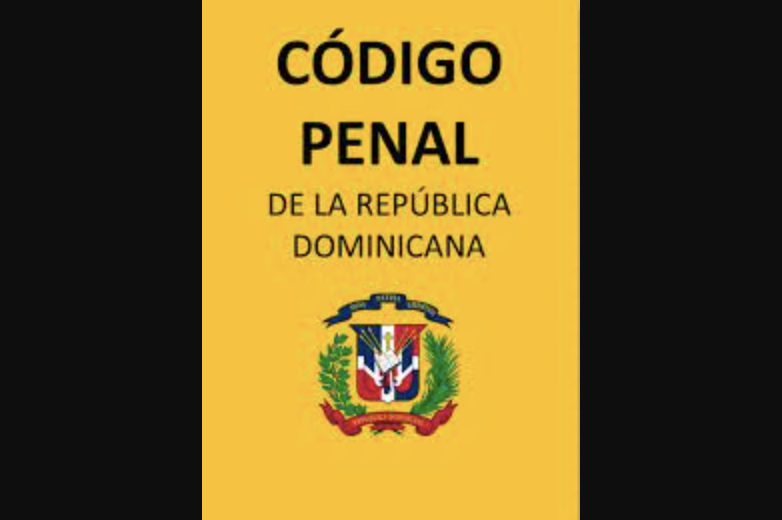
It was a take it or leave it situation, and President Luis Abinader chose to enact the Penal Code bill as received from the ruling party majority Congress. The code does not go into effect until August 2026, giving still time for society and other branches of government to present recommendations for Congress to pass changes.
In his weekly press briefing, President Luis Abinader on 4 August 2025 defended his enactment of the new Penal Code. Abinader framed the recently enacted legislation (Law 74-25) as a significant improvement over the current code which has been in effect since 20 May 1884.
The President admitted that the new code, slated to take effect in 2026, falls short of being ideal. However, he stressed it was the best version achievable given the current political and social climate.
“The truth is, and I repeat, there is no perfect law. Every law is perfectible. This was the one possible,” he said. While the text may not align precisely with his or many other sectors’ aspirations, Abinader emphasized the progress it represents.
“Perhaps it is not exactly the code I would have wanted, but I repeat, there has been progress. We had a Penal Code from 141 years ago. This one is perfectible and improvable, but it is a step forward,” he stated.
Abinader highlighted that the new law includes a “vacatio legis” period, meaning it won’t go into effect for another year. This delay, he noted, provides an opportunity for social sectors to familiarize themselves with the code, discuss its contents, and propose potential changes. “The ideal thing now is for the Code to be known, for it to be discussed. Everything is possible, but let’s wait to see what the recommendations are.”
Among the most serious criticisms to the code are new clauses that impact women’s and children’s rights, corruption in government, and freedom of speech.
Diana Lora in her review for Esta Noche con Mariasela variety TV program mentioned that the bill establishes new special protections for religious organizations and politicians. It exempts the religious groups and political parties from being held liable for penal acts. Likewise, it sets a 20 year expiration period for government corruption acts.
A new “outrage” clause reminds Dominicans who lived during the dictatorship of Trujillo of freedom of speech during those times. An editorial in Diario Libre written by Dionisio Soldevilla urges the elimination of the clause that would penalize private commenting on government officials’ actions.
Article 310 of Law 74-25, which defines the offense of outrage, states:
“Outrage is committed when someone, in a non-public manner, uses words, makes threats, sends writings, images, or any type of object, or performs actions that are contrary to the personal dignity or to the dignity of the role held by a public official or civil servant.
The offense is punishable by 15 days to 1 year in prison, and a fine of two to three times the salary of the official or civil servant at the time of the offense.”
Soldevila writes: “In other words, if I say in private that a public official is a thief, I can be taken to court, jailed, and/or fined.”
Read more in Spanish:
Diario Libre
Diario Libre
Hoy
Esta Noche con Mariasela
5 August 2025

